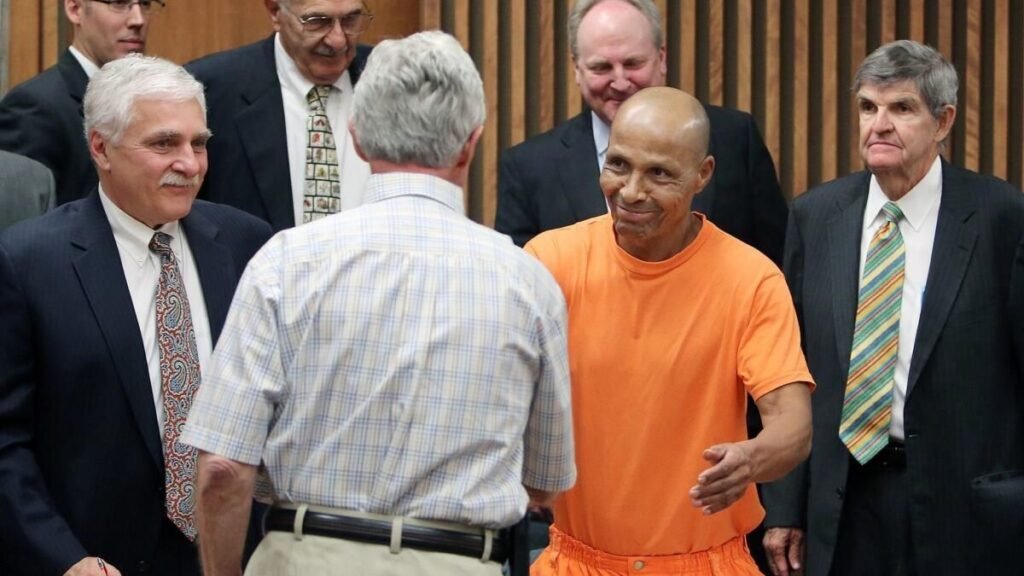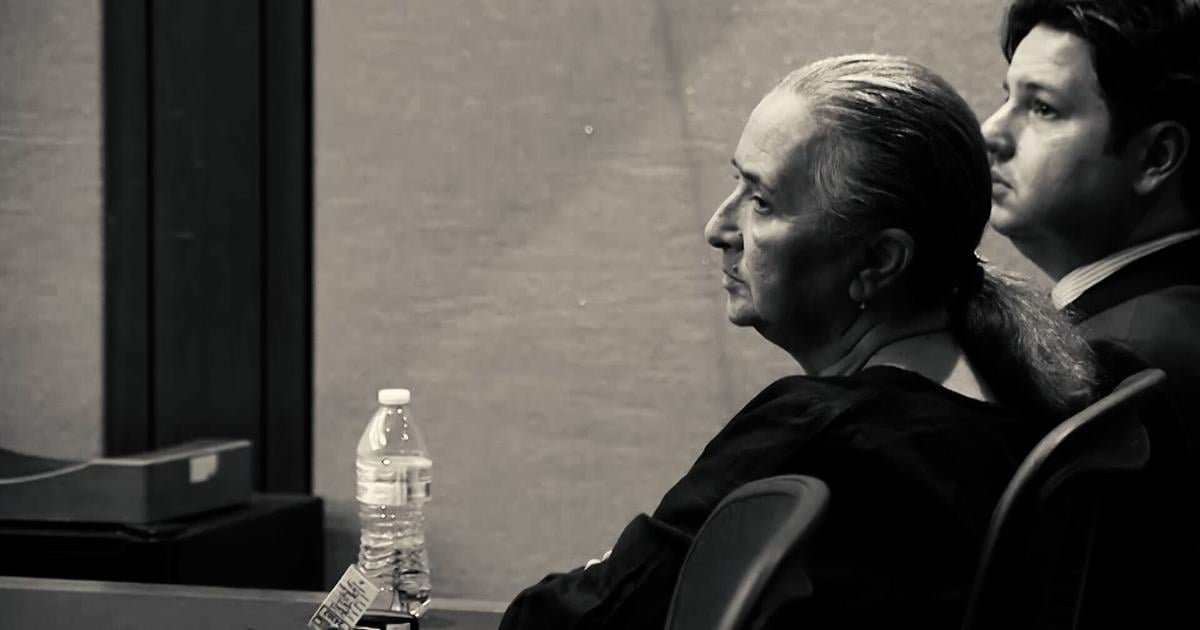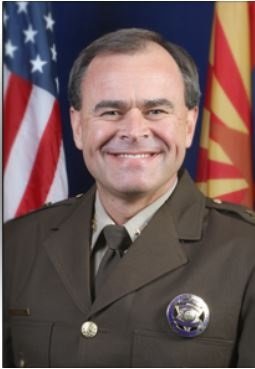Pima County Attorney Laura Conover has formally requested that she resign from the ongoing civil litigation involving Louis Taylor, citing a significant conflict of interest. This legal drama unfolds against the backdrop of Taylor's fight for compensation for his wrongful imprisonment for his 1970 Tucson Pioneer Hotel fire that tragically claimed the lives of 29 people. Mr. Taylor's pursuit of justice has reignited debate about wrongful convictions and the intricacies of the legal system for righting past wrongs.
Untying decades of legal knots
In the early morning hours of December 20, 1970, a fire broke out at the Pioneer Hotel in Tucson, Arizona, killing 29 people. Louis Taylor, a teenager at the time, was found guilty of arson, but the verdict has since been challenged over reliance on questionable evidence and allegations of racial bias. Taylor was released in 2013 under a plea deal after serving 42 years in prison, but he has not yet been formally exonerated. Recent legal proceedings have focused on the involvement of Pima County Attorney Laura Conover, who despite initially working hard to help exonerate Taylor, is now facing a conflict of interest. is pulling back.
legal and ethical issues
The complexity of Taylor's lawsuit against Pima County and the City of Tucson goes into the realm of legal ethics and public official liability. Conover's recusal highlights the delicate balance between upholding justice and adhering to legal standards. Settlement negotiations and appeals to the Ninth Circuit demonstrate the continuing debate over liability, reparations, and rights for the wrongfully convicted. Taylor's case, scheduled for trial in April, aims to address these issues, along with allegations of conspiracy that contributed to his wrongful conviction and lengthy imprisonment.
Looking to the future: Implications for justice
As the proceedings progress, the impact of Mr. Conover's withdrawal and the outcome of Mr. Taylor's case could extend far beyond those involved. The case highlights the broader challenges within the criminal justice system in addressing past injustices and the mechanisms available to wrongfully convicted people to seek redress. The upcoming trial is a pivotal moment not only for Taylor, but also for the Tucson community and the nation as a whole, as it grapples with the complex challenge of righting historical wrongs within a legal framework.
The unfolding of Louis Taylor's quest for justice after decades of wrongful imprisonment illuminates the lasting impact of legal wrongs and the path to redress. As the community awaits the outcome of the trial, this case serves as a sobering reminder of the importance of diligence, transparency, and accountability in the pursuit of justice.
















